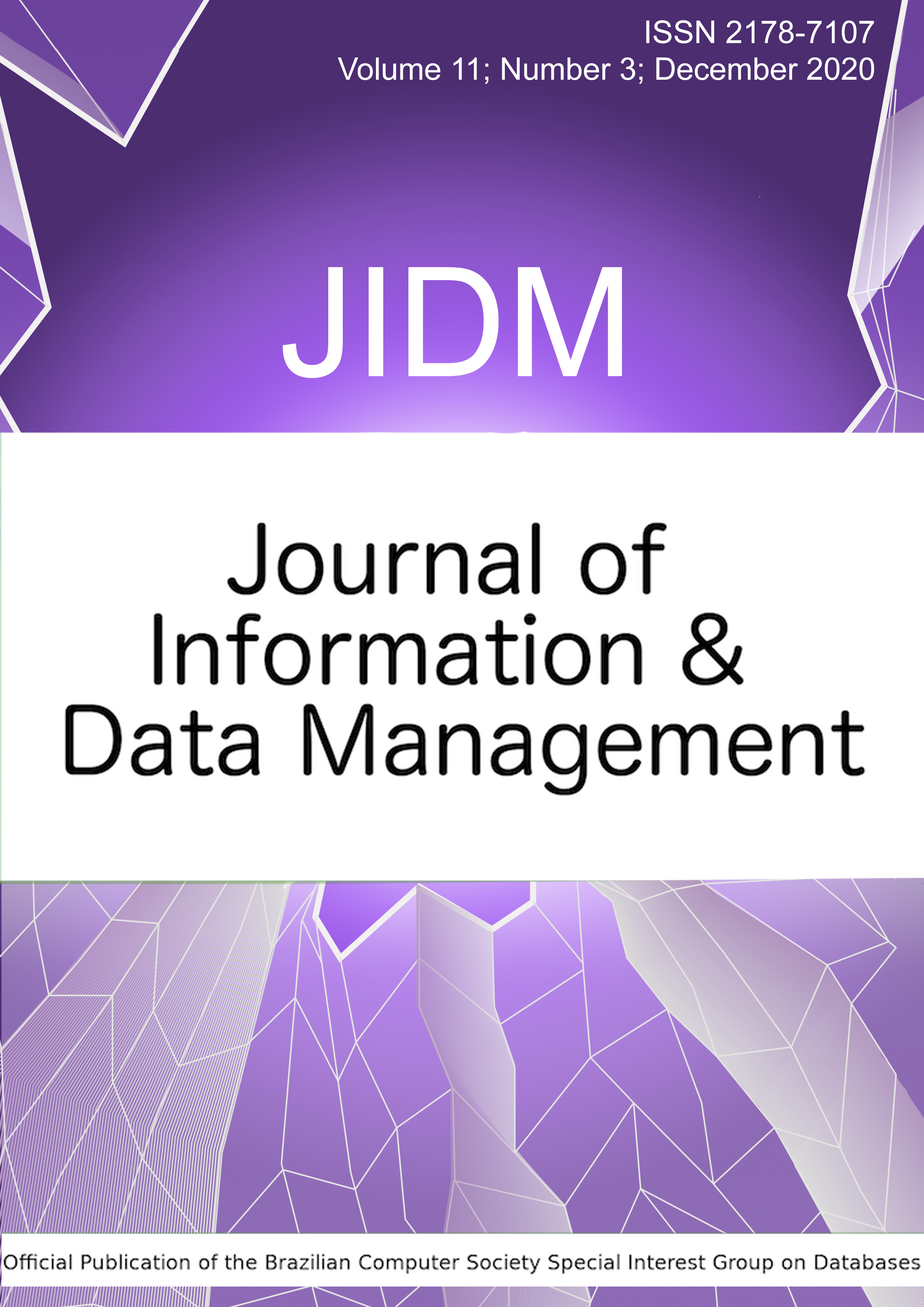Overcoming Bias in Community Detection Evaluation
Abstract
Community detection is a key task to further understand the function and the structure of complex networks. Therefore, a strategy used to assess this task must be able to avoid biased and incorrect results that might invalidate further analyses or applications that rely on such communities. Two widely used strategies to assess this task are generally known as structural and functional. The structural strategy basically consists in detecting and assessing such communities by using multiple methods and structural metrics. On the other hand, the functional strategy might be used when ground truth data are available to assess the detected communities. However, the evaluation of communities based on such strategies is usually done in experimental configurations that are largely susceptible to biases, a situation that is inherent to algorithms, metrics and network data used in this task. Furthermore, such strategies are not systematically combined in a way that allows for the identification and mitigation of bias in their algorithms, metrics or network data to converge into more consistent results. In this context, the main contribution of this article is an approach that supports a robust quality evaluation when detecting communities in real-world networks. In our approach, we measure the quality of a community by applying the structural and functional strategies, and the combination of both, to obtain different pieces of evidence. Then, we consider the divergences and the consensus among the pieces of evidence to identify and overcome possible sources of bias in community detection algorithms, evaluation metrics, and network data. Experiments conducted with several real and synthetic networks provided results that show the effectiveness of our approach to obtain more consistent conclusions about the quality of the detected communities.

